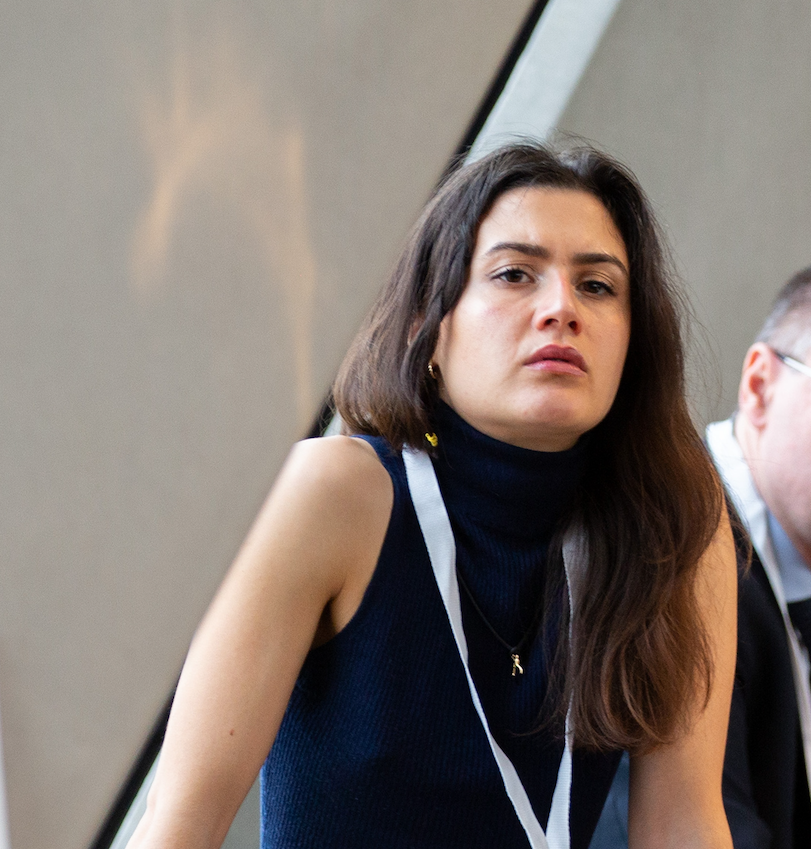There are several prerequisites behind the implementation of successful Climate Citizens’ Assemblies. For example, Kelly MacBride shared experiences from the Irish Citizens’ Assemblies and highlighted obstacles related to recruitment, communication, relevant remits, clear mandates aligned with policy windows, and the need for political leaders to break deadlocks and engage in continuous dialogue.
Participants should also be sufficiently empowered before and during the participatory process, striking a balance between straightforward questions with trade-offs and framing issues that ensure the exploration of the interdependence of interests and key drivers.
Finally, stakeholders at all decision levels must be adequately reached and integrated, as Simone Zippel and Eva Bordos explained in their focus on expert and stakeholder selection. When it comes to Climate Citizens’ Assemblies, it is important to recognize how collective wisdom can be generated by a combination of bureaucratic skills, scientific knowledge from the epistemic community (Haas, 1992), personal experiences, and perspectives. We cannot forget that Assemblies are embedded within a tight network of pressure groups and individual interests, and thus their implementation must evolve accordingly to the changing contexts.
Indeed, Climate Citizens’ Assemblies are valuable places of political socialization inspired by a logic of arguing and actor-centered institutionalism (Scharpf, 1997). However, their ultimate goal is to deliver proposals and develop recommendations while ensuring the integration of key actors at all stages. Lise Deshautel from the French Convention Citoyenne reminds us that it is a political duty to integrate the richness of co-creation within institutional frameworks of deliberation and to follow up with an implementation tracker.
Certainly, all those who traveled to Milan for the Spring School agree that it is inherently valuable, as it has the potential to become a collective exercise of power (Ackermann, Fishkin 2002) that prioritizes dialogue over voting. However, all participants should be aware that high-quality discourse is essential for productive and well-informed deliberation.
To achieve this, as we have learned over the past two days, we must eliminate the structural social and economic barriers that hinder broad, equal, and unbiased participation. We must ensure that everyone has the opportunity to express their beliefs and that arguments and claims are based on logical considerations. Moreover, in our pursuit of the common good, we must not overlook the interests of the least advantaged, who are often underrepresented in society (Rawls, 1971).



Follow us on: